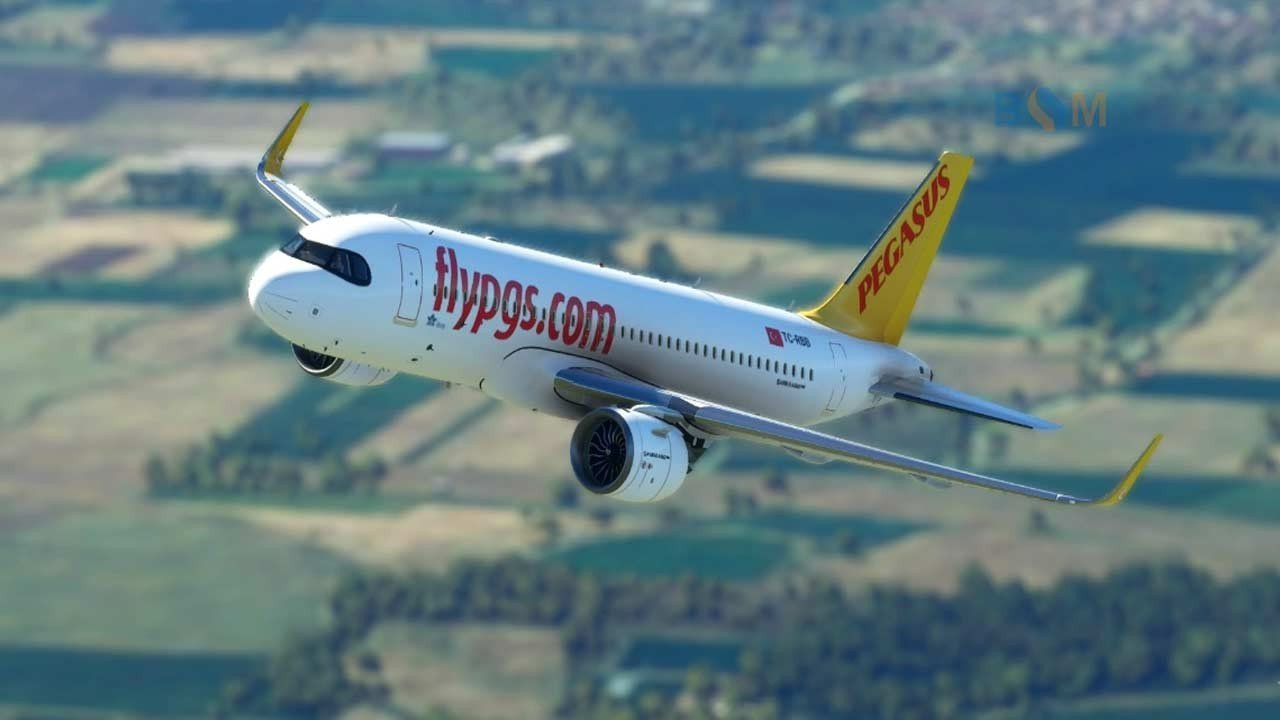Achieve High Efficiency by Optimizing Your Operations with Bimser’s Special Solutions for the Aviation Industry!
Human-robot collaboration with autonomous industrial robots.
With the production of parts and prototypes with 3D Printing; productivity and efficiency gains.
Network between machines and products. Ensuring multi-directional communication between objects.
Reducing machine downtimes by optimizing networks based on real-time data.
Data integration across and within companies. Enabling the fully automated value chain.
Ability to work in virtual environments in accordance with their parameters. It reduces the need for training and support and increases quality.
Comprehensive evaluation of large amounts of data from multiple sources. Real-time decision making and optimization.
Increasing the functionality of machine data and other company data stored in the cloud. A high level of networking requires a heavy focus on cybersecurity.
With Bimser Enterprise Asset Management (BEAM), stay ahead of the competition by avoiding increasing cost pressure, delays caused by malfunctions and unnecessary spare part stocks.
With Bimser Synergy, Bimser’s state-of-the-art product, don’t just move your processes to the digital environment. Smarten your processes, take advantage of robots (RPA) and artificial intelligence (AI)
It is the most suitable tool for you to correctly manage the performance of an industry that consists of people working in many different fields such as pilot, stewardess, ground handling, R&D.
Be prepared for regulations with our QDMS solution.
Aviation has always been at the forefront of technological advances. The use of developing technologies has become indispensable to compete in aviation. Turkey, on the other hand, has rapidly started to close its know-how with the leading countries of the sector with very important production-oriented investments such as Unmanned Aerial Vehicles and Training Aircrafts in recent years.
In addition, Turkish companies have taken their leading positions in the sector in air transportation.
Today, many Turkish companies in the industry prioritize digital investments and make the broad strategic moves necessary to gain competitive advantage. Because quality, compliance with standards, performance, security and information sharing are indispensable in this sector. The industry has zero tolerance for faults.
If we take a look at the transformation of the sector over time, we see that the transformation that touched the end user started with the order of the International Air Transport Association (IATA) to turn the aviation sector from paper ticket to electronic ticket as of June 1, 2008. Digital Transformation is actually the basis of the transition to electronic tickets, which affects all airlines and passengers in the world. Afterwards, the speed of digital transformation in the sector increased, airline companies and airport operators stepped into a new era with digital transformation with many applications such as Self Check-In kiosks, Boarding Pass, Mobile Boarding Barcodes, Mobile reservation.
While companies are making all these investments, it is difficult to maintain customer loyalty nowadays;
- Need to control their costs,
- That the employees work in accordance with the determined standards and regulations,
- Accurate and objective performance management is required to ensure employee satisfaction,
- Controlling maintenance costs.
As a result, digital transformation for the aviation industry is a process that focuses on the potential value technologies and trends create to change established business practices and enable new approaches in businesses. In short, digital transformation is not a tangible product or technology, but a process where existing technologies are applied to social life and production systems for specific purposes. These objectives are generally to improve operations, increase revenues and stimulate innovation.
For a company to become a digital company, it must do more than implement certain new technologies. It should also have the broad-mindedness, tools, ways of working, organization and partnerships needed to ensure effective implementation. To be successful, companies must ensure that their digital investments meet customer needs and key business goals. Companies want to apply digitalization to all business lines and all operational departments in order to realize their digital transformation and increase their operational efficiency.













